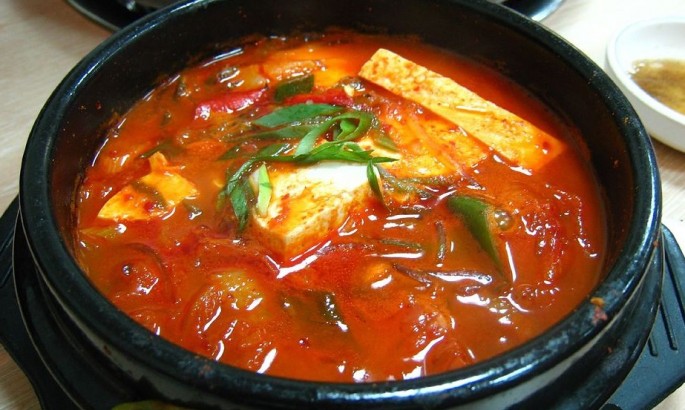Those who are adventurous eaters rejoice, since those who are considered to be "foodies" can actually weigh less than those who are less adventurous in their eating habits, according to a new study.
Some 500 women were surveyed across the United States about their daily eating habits and their opinions about different food especially exotic ones, their weight satisfaction and other physical and psychological factors that could affect their eating habits. The survey was conducted by researchers from the Food and Brand Lab at Cornell University.
During the survey, the participants were asked if they have tried some exotic food that were not commonly found in American diet such as Kimchi, bean sprouts, polenta and beef tongue. The researchers labeled those who sampled nine or more of these kinds of foods as adventurous eaters.
The findings reveal that those who are foodies or adventurous eaters also rate themselves as healthier eaters and physcially active where they are more aware of the health and nutrition their choice of food provides as opposed to non-adventurous eaters. Those who are also prone to incorporate exotic food into their diet have a slightly lower BMI.
According to co-author of the study, Brian Wansink, these new findings are pivotal especially to those who are on a diet since the promotion of adventurous eating is a new way for people especially for women to lose or maintain their ideal weight without feeling being restricted to eat food.
According to Lauren Graf who is a clinical dietitian at the Cardiac Wellness Program of the Montefiore Health System in New York, she encourages her patients to try out new and diverse food to help them not only lose weight but also develop healthy habits as well.
She adds that when you try to reach out of your comfort zone, your taste for exotic food becomes more developed and more often than not, it leads to a healthier and more nutritious diet, where you are going to feel less deprived or restricted.
This new study is published in the journal, Obesity.



























